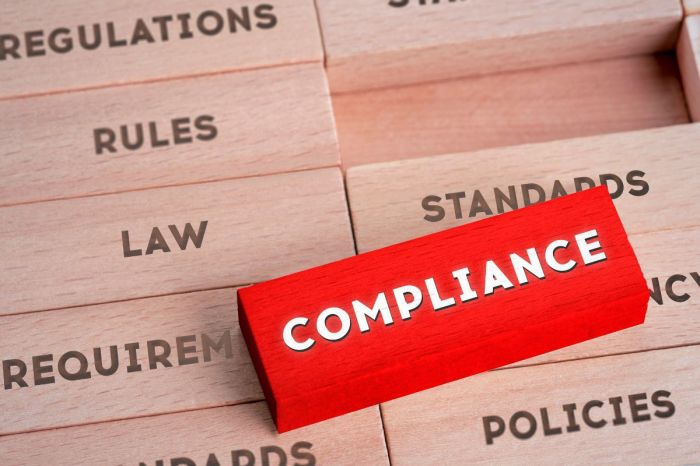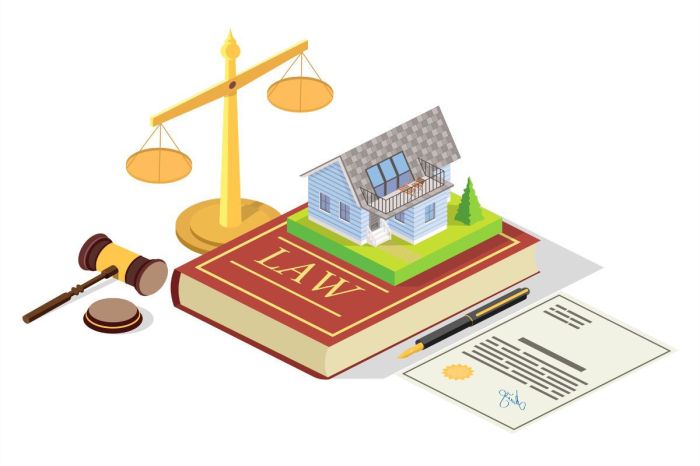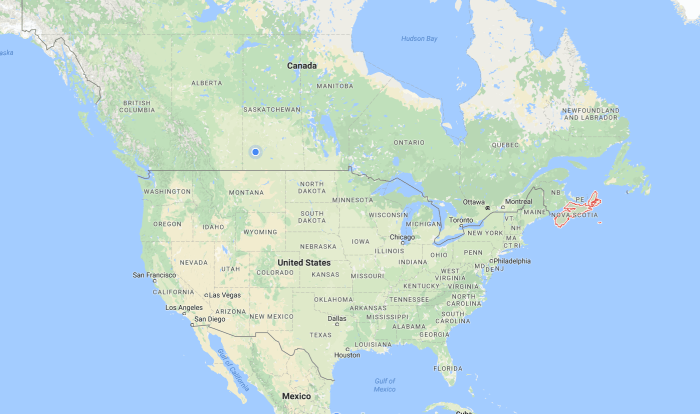Local zoning laws epa regulations – Local zoning laws and EPA regulations are two critical components of environmental management in the United States. Local zoning laws, enacted by local governments, establish land use regulations within a specific jurisdiction. The Environmental Protection Agency (EPA), a federal agency, promulgates regulations to protect human health and the environment.
This article provides an overview of local zoning laws, EPA regulations, and their intersection, offering insights into their roles, impacts, and coordination.
Local zoning laws serve various purposes, including promoting orderly development, preserving property values, and protecting public health and safety. They categorize land into different zones, each with specific permitted uses. EPA regulations, on the other hand, address a wide range of environmental issues, such as air pollution, water quality, and hazardous waste management.
These regulations set standards and requirements that local governments must consider when developing and implementing zoning laws.
Local Zoning Laws

Local zoning laws are regulations that govern the use of land within a specific jurisdiction. They are typically enacted by local governments, such as cities and towns, and are designed to promote the health, safety, and welfare of the community.
The purpose of local zoning laws is to ensure that land is used in a way that is compatible with the surrounding area. This can involve regulating the types of buildings that can be constructed, the height and density of buildings, and the amount of land that can be used for different purposes.
Types of Local Zoning Laws, Local zoning laws epa regulations
There are many different types of local zoning laws. Some of the most common include:
- Residential zoning laws regulate the use of land for residential purposes, such as single-family homes, apartments, and condominiums.
- Commercial zoning laws regulate the use of land for commercial purposes, such as retail stores, offices, and restaurants.
- Industrial zoning laws regulate the use of land for industrial purposes, such as factories, warehouses, and power plants.
- Agricultural zoning laws regulate the use of land for agricultural purposes, such as farming, ranching, and forestry.
Examples of Local Zoning Laws
Local zoning laws can be used to address a wide range of issues, such as:
- Preventing incompatible uses from being located near each other, such as a residential area next to a factory.
- Protecting sensitive areas, such as wetlands and forests, from development.
- Promoting economic development by encouraging the development of new businesses and industries.
- Improving the quality of life for residents by creating safe, healthy, and attractive communities.
EPA Regulations

The Environmental Protection Agency (EPA) is a federal agency that is responsible for protecting the environment and human health. The EPA regulates a wide range of environmental issues, including air pollution, water pollution, and hazardous waste.
The EPA’s regulations are designed to protect the environment and human health from the harmful effects of pollution. These regulations can include limits on the amount of pollution that can be released into the environment, as well as requirements for businesses and industries to use pollution control technologies.
Types of EPA Regulations
The EPA’s regulations can be divided into two main categories:
- National regulations are applicable to all states and territories in the United States.
- State regulations are adopted by individual states and may be more stringent than national regulations.
The EPA also has the authority to enforce its regulations. This can involve issuing fines, penalties, and injunctions against businesses and individuals who violate the law.
Examples of EPA Regulations
Some of the most well-known EPA regulations include:
- The Clean Air Act, which regulates air pollution from sources such as power plants, factories, and vehicles.
- The Clean Water Act, which regulates water pollution from sources such as sewage treatment plants, factories, and farms.
- The Resource Conservation and Recovery Act, which regulates the generation, transportation, treatment, storage, and disposal of hazardous waste.
Expert Answers: Local Zoning Laws Epa Regulations
What is the purpose of local zoning laws?
Local zoning laws establish land use regulations to promote orderly development, preserve property values, and protect public health and safety.
How do EPA regulations impact local zoning laws?
EPA regulations set environmental standards and requirements that local governments must consider when developing and implementing zoning laws.
What are the challenges of coordinating local zoning laws with EPA regulations?
Challenges include balancing local autonomy with compliance with federal standards and ensuring consistency in implementation.
